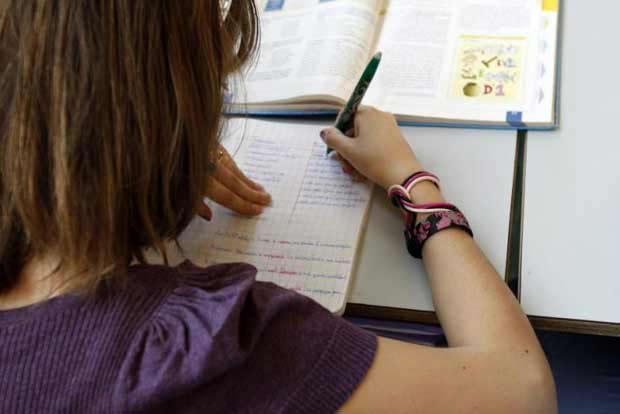Begin typing your search...
Special on-campus sessions to help dyslexic students learn better
With dyslexia being diagnosed increasingly among children, parents are worried that their children will fall behind in academics.

Chennai
The available help further complicates the process of seeking remedy, as it means spending more time after school hours. In a bid to address both issues, a centre has begun operating labs within schools to reach out to children with learning disability.
Children with dyslexia have issues with reading fluently and accurately.
A study carried out a few years ago in the city put the prevalence rate at 16 per cent to 20 per cent for the city, while global research says the rate is at 12 per cent.
Vishal 3R LAB (Reading, wRiting, and aRithmetic), an initiative to offer inclusive learning on the school premises for students with learning disabilities.
The initiative started by Blink Research and Services a few months ago has been working towards child development in Don Bosco School of Excellence. The sessions are for students from Classes 3 to 8, with three sessions allotted per student every week. In the beginning, around 22 students were identified with the difficulty in the school. With the new academic session, the numbers are likely to change.
Talking to DT Next, Jayashree Ashok, academic director of Blink, said that the idea behind the lab is to ensure no child is left behind in the learning curve due to learning disability.
“Initially, we screen students and identify those with learning disabilities.
We put them through the classes, according to the level of help required. The tools the lab employs include basic reading and the multisensory ways of teaching. The other objectives are to integrate children within mainstream schools and create awareness among parents, teachers and institution that children with learning difficulties have average or above average intelligence – their only need is a nurturing environment to bring out their best,” she said. “Being inside school, the classes ensure there is no stigma attached.” “The students are taught at their level and there is resource person for every three or four students. The children find it easier to open up and discuss their problems and are more forthcoming about their doubts, when it comes to the language,” said a source from the school, adding that in a classroom set up, students with reading disabilities feel left behind.
The students are also helped with a separate paper set-up, and they don’t miss major classes for the lab sessions.
Later this month, the lab will be set up in Unity Public School and Our Lady’s School in Chetpet.
Visit news.dtnext.in to explore our interactive epaper!
Download the DT Next app for more exciting features!
Click here for iOS
Click here for Android
Next Story



